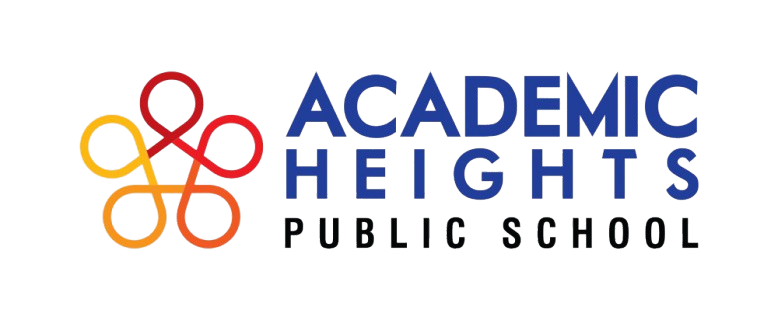Project-based learning is a popular teaching strategy that can improve student engagement and critical thinking in smart schools. It allows students to collaborate on real-world projects, which helps them develop skills such as problem-solving, collaboration, and critical thinking. Additionally, PBL can help students learn more effectively by increasing their engagement with the content they are studying. In fact, Project-based learning has been shown to enhance student achievement across many different areas of education. So not only does it provide benefits for students themselves; but it also contributes to the overall success of a school’s curriculum.
Increased Student Engagement: Project-based learning is a popular approach to teaching in smart schools. This type of education encourages students to take responsibility for their education by working on projects that are relevant to their lives. When they are actively involved in the learning process, they become more invested and learn more effectively than when sitting through lectures or doing homework alone. As a result, these students will be better equipped to apply what they have learned in future situations.
Promotes Critical Thinking: Project-based learning is a valuable teaching strategy that highly encourages and promotes critical thinking skills. Through PBL, students are challenged to think critically and solve problems. This teaching strategy helps them learn how to analyze information, evaluate evidence, and make informed decisions. These skills are essential in preparing students for the future as it ideates them to share their valuable input and face any challenges in the future.
Encourages Collaboration: Collaboration is an essential skill in today’s world, and project-based learning promotes it to the fullest. Students work together towards accomplishing a common goal, sharing their skills and knowledge. This collaboration prepares them for future work environments where teamwork is critical to achieve success. It also helps students to stand out with their unique ideology and conceptualization which works greatly in their favor in a creative work environment.
Enhances Problem-Solving Skills: Project-based learning is a teaching strategy that enhances students’ problem-solving skills by ten times. By working on projects, students encounter real-world problems that require them to think creatively as well as logically and come up with solutions. It makes them learn how to assess situations, identify problems, and develop solutions and skills that are of great significance in the workforce.
Real-World Application: Finally, Project-based learning helps students apply what they learn in school to the real world, which reinforces its importance and prepares them for future careers. By working on projects that are relevant to their lives and experiences, students develop a sense of purpose and direction as well as an understanding of how what they’re studying is applicable in the outside world. This practical application leads to increased confidence when it comes time for college applications or job hunting, giving students a clear idea of where they want their education or career path to take them.
Conclusion: PBL is an effective teaching strategy used in smart schools that can help students learn more effectively and become better problem solvers. By working on real projects, PBL engages students and helps them retain information. It also promotes collaboration, critical thinking, and skills such as problem-solving. In today’s world where so many things are technologically based, it is essential for students to be able to engage with technology in a meaningful way. Additionally, PBL provides opportunities for teachers to develop new curricula which reflect the current challenges faced by society. Therefore, project-based learning should be widely implemented in smart schools in order to enhance student learning and prepare them for the future.
